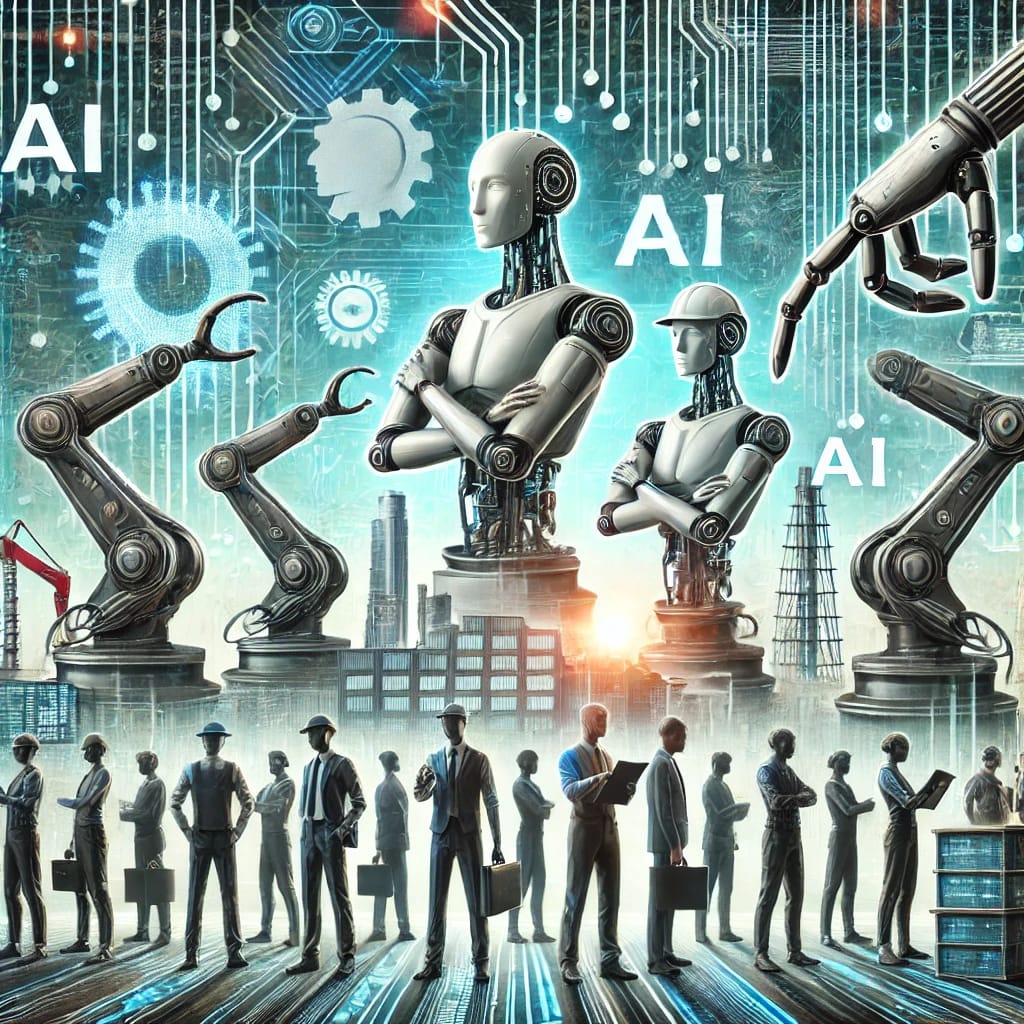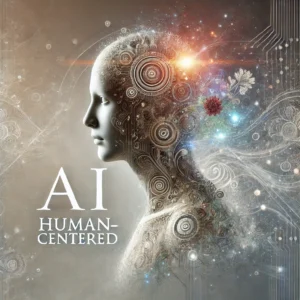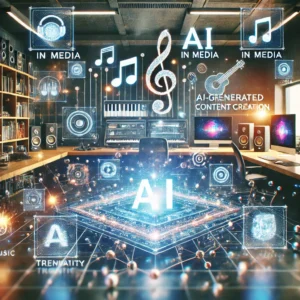
Artificial intelligence (AI) is transforming society in profound ways, bringing about both benefits and challenges. As AI continues to evolve and permeate various aspects of life, it’s essential to understand its impact and navigate its consequences. In this article, we’ll delve into the far-reaching effects of AI on society, exploring both the advantages and disadvantages.
Benefits of AI
AI has the potential to:
Improve healthcare outcomes: AI-assisted diagnosis, personalized medicine, and streamlined clinical workflows enhance patient care.
Enhance productivity: Automation and AI-driven efficiency boost economic growth and competitiveness.
Foster innovation: AI accelerates scientific discovery, drives technological advancements, and unlocks new opportunities.
Challenges of AI
However, AI also poses challenges, including:
Job displacement: Automation and AI-driven efficiency may lead to job losses and unemployment.
Privacy concerns: AI systems often rely on vast amounts of personal data, raising privacy and security concerns.
Bias and discrimination: AI can perpetuate and amplify existing biases, leading to unfair outcomes and discrimination.
Navigating the Impact of AI
To maximize AI’s benefits while minimizing its drawbacks, consider the following strategies:
Upskilling and reskilling: Invest in education and training programs that prepare workers for an AI-driven economy.
Data protection and privacy: Establish robust data protection regulations and ensure AI systems prioritize user privacy.
Diverse and inclusive AI development: Encourage diverse development teams and prioritize fairness and transparency in AI decision-making.
AI’s impact on society is multifaceted, bringing about both benefits and challenges. By understanding these consequences and proactively addressing them, we can ensure AI drives positive change and improves human life. Remember, AI is a tool – it’s up to us to wield it responsibly and ethically.

